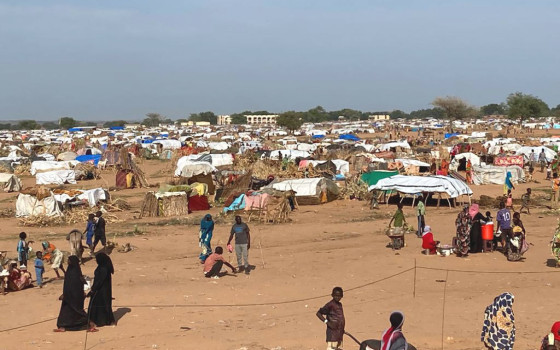
UNAIDS: “Crushing” debts jeopardize HIV response in African countries

- Europe and Arabs
- Friday , 20 September 2024 11:45 AM GMT
New York: Europe and the Arabs
A new UN report has shown that rising public debt is suffocating sub-Saharan African countries, leaving them with little fiscal space to finance essential health and HIV services and putting progress towards ending AIDS in them by 2030 at risk. According to the UN daily news bulletin, a copy of which we received this morning,
The report issued by the Joint United Nations Programme on HIV/AIDS said that the combination of increasing public debt payments and spending cuts stipulated in agreements with the International Monetary Fund in the next three to five years will lead to a serious shortage of resources for these countries to finance their responses to HIV, if not addressed.
In this context, the Executive Director of the Joint United Nations Programme on HIV/AIDS, Winnie Byanyima, said: “When countries are unable to effectively care for the health care needs of their people due to debt payments, global health security is at risk. Public debt must be urgently reduced and domestic resource mobilization enhanced to enable fiscal space to finance the global HIV response and end AIDS completely.”
Sub-Saharan Africa has the largest number of people living with HIV, with more than 25.9 million of the world’s 39.9 million people living with HIV. The report says the region’s success in reducing new HIV infections by 56 percent since 2010 will not be sustained if fiscal space is constrained. Debt service now exceeds 50 percent of government revenue in Angola, Kenya, Malawi, Rwanda, Uganda and Zambia. Even after debt relief measures, Zambia will still pay two-thirds of its budget on debt service between 2024 and 2026. According to UNAIDS, there has been a significant decline in spending on HIV response in West and Central Africa since 2017, from 0.3 per cent of GDP in 2017 to just 0.12 per cent in 2022.
The UN agency said sub-Saharan African countries must strengthen their tax systems to enable increased domestic resource mobilization, including by closing tax exemptions that currently cost the region an average of 2.6 per cent of GDP.
It also called on donors to increase their financial assistance for health and HIV response between now and 2030, and on creditors to provide debt relief to burdened countries.
“World leaders cannot allow the resource crisis to derail global progress towards ending AIDS as a public health threat by 2030,” Ms. Bynema said.




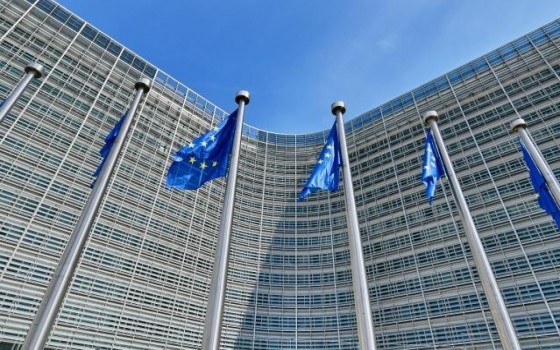
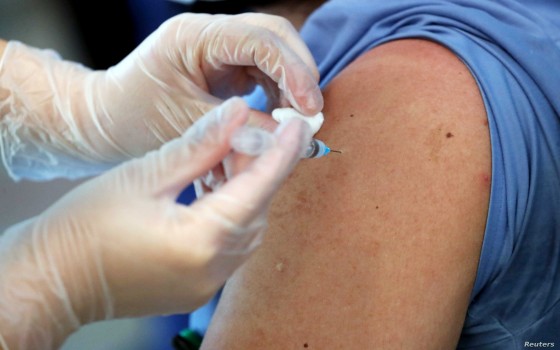
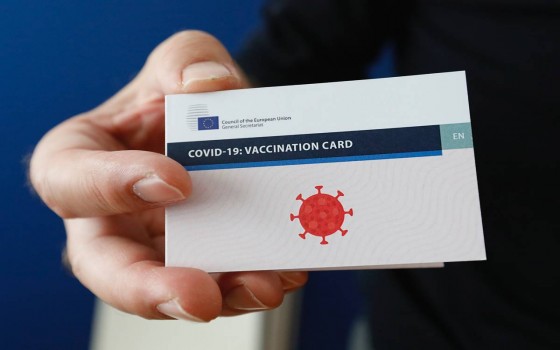


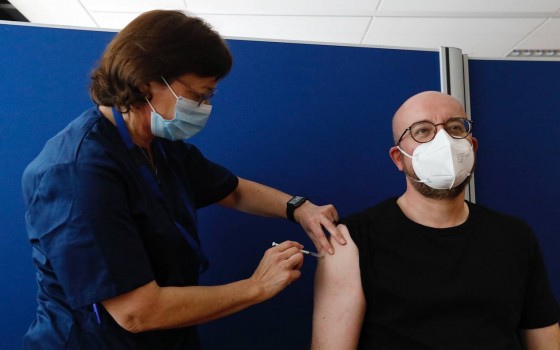


No Comments Found